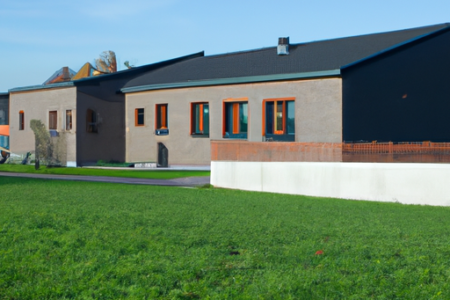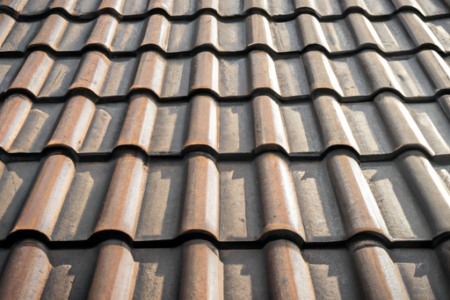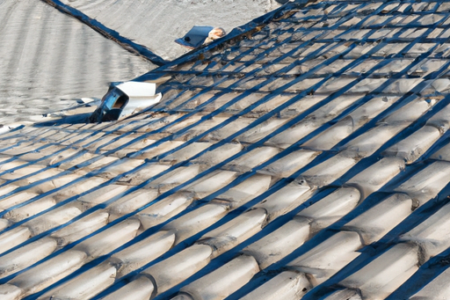businesses are at risk of leaks, structural damage, and compromised safety. Therefore, it is essential to consider key factors when making a commercial roofing investment. These factors include the quality and durability of the materials used, the expertise and reputation of the roofing contractor, the specific needs and requirements of the business, and the long-term maintenance and repair plans. By carefully considering these factors, businesses can ensure that their commercial roofing investment is effective in protecting their property and supporting their overall business performance. Additionally, a well-maintained and high-quality commercial roof can also contribute to energy efficiency, aesthetic appeal, and cost savings in the long run. Therefore, it is crucial for businesses to thoroughly assess and prioritize these factors before making a commercial roofing investment.


